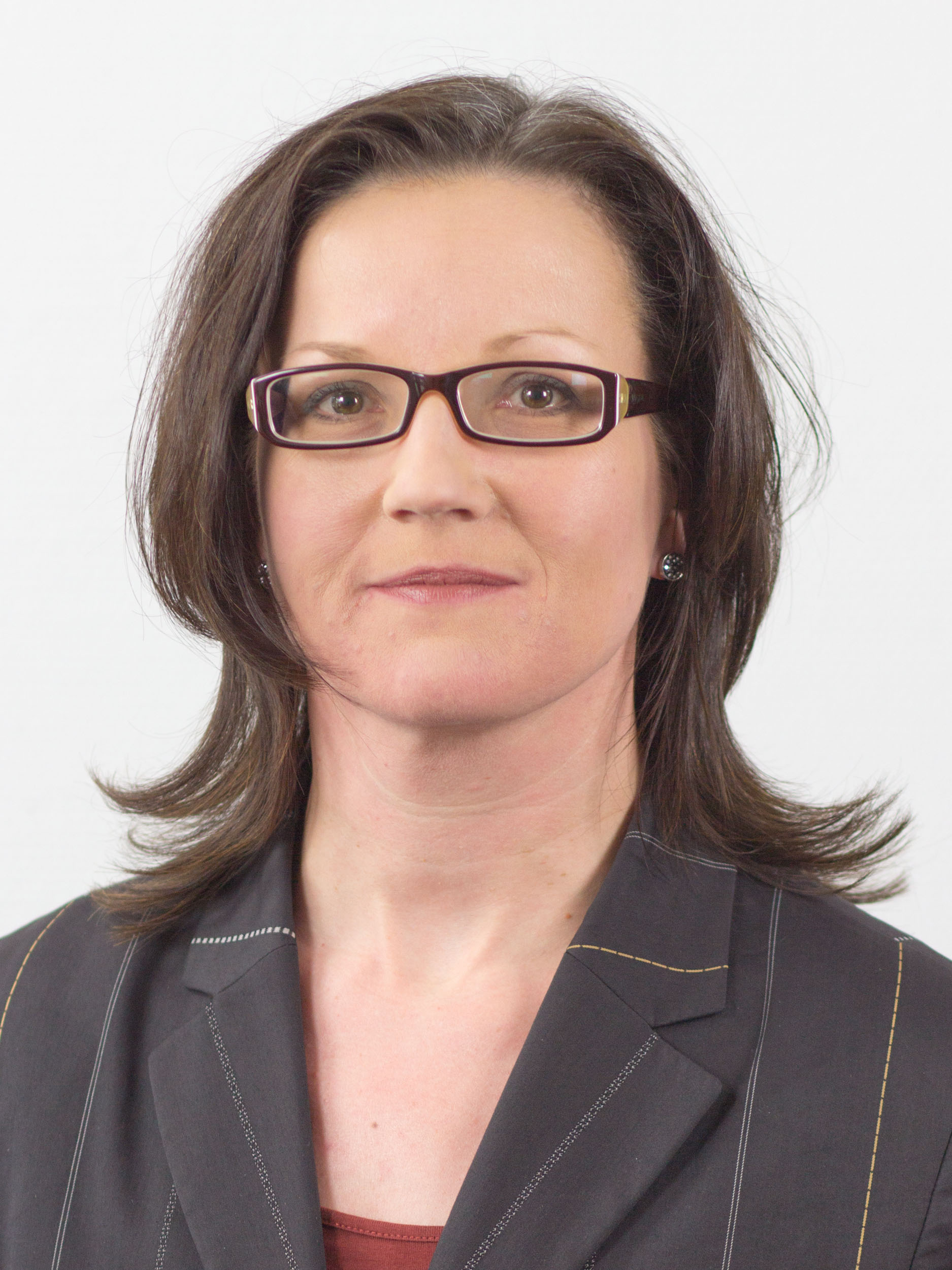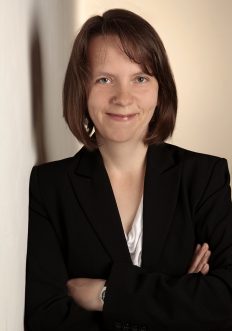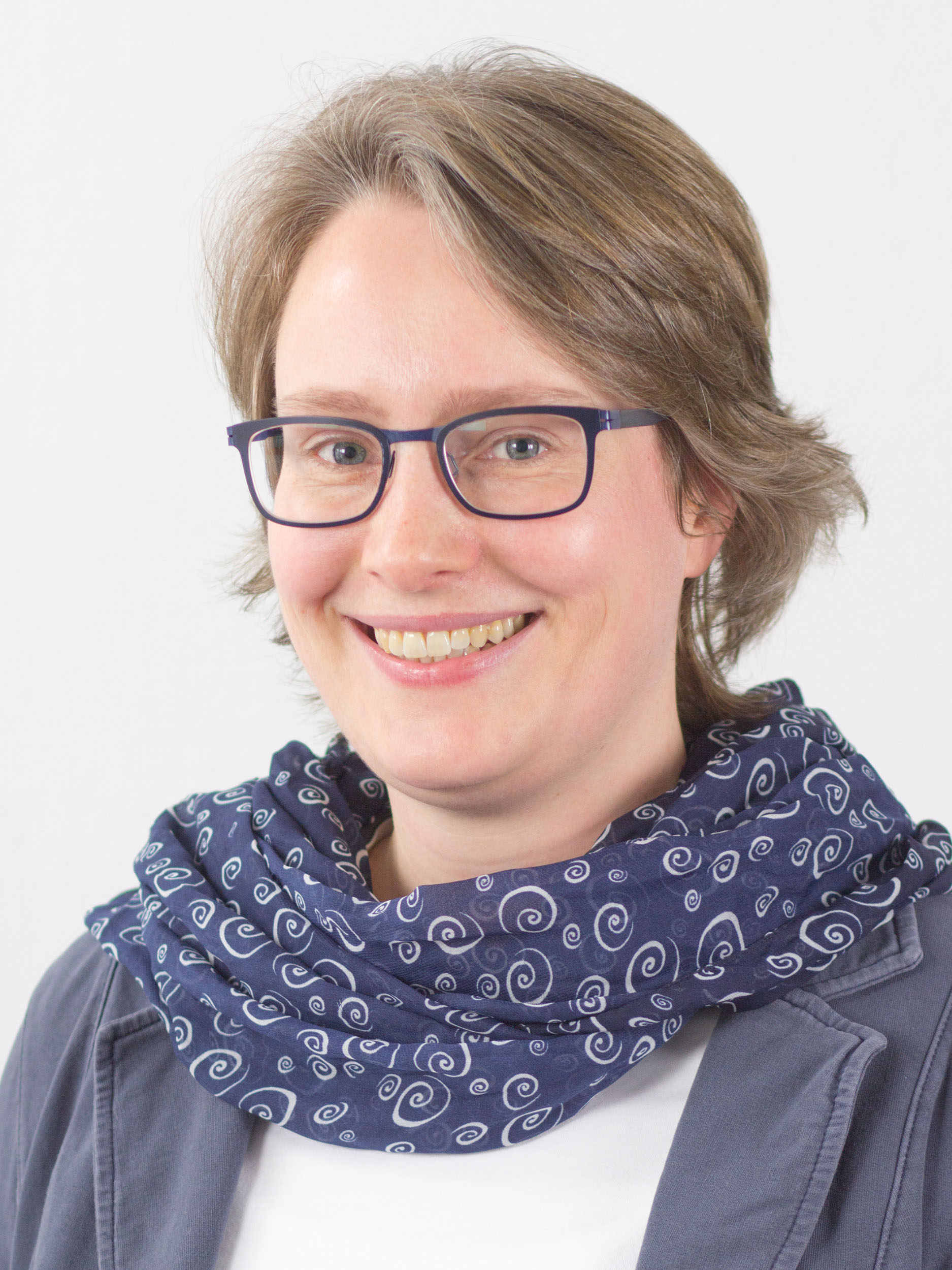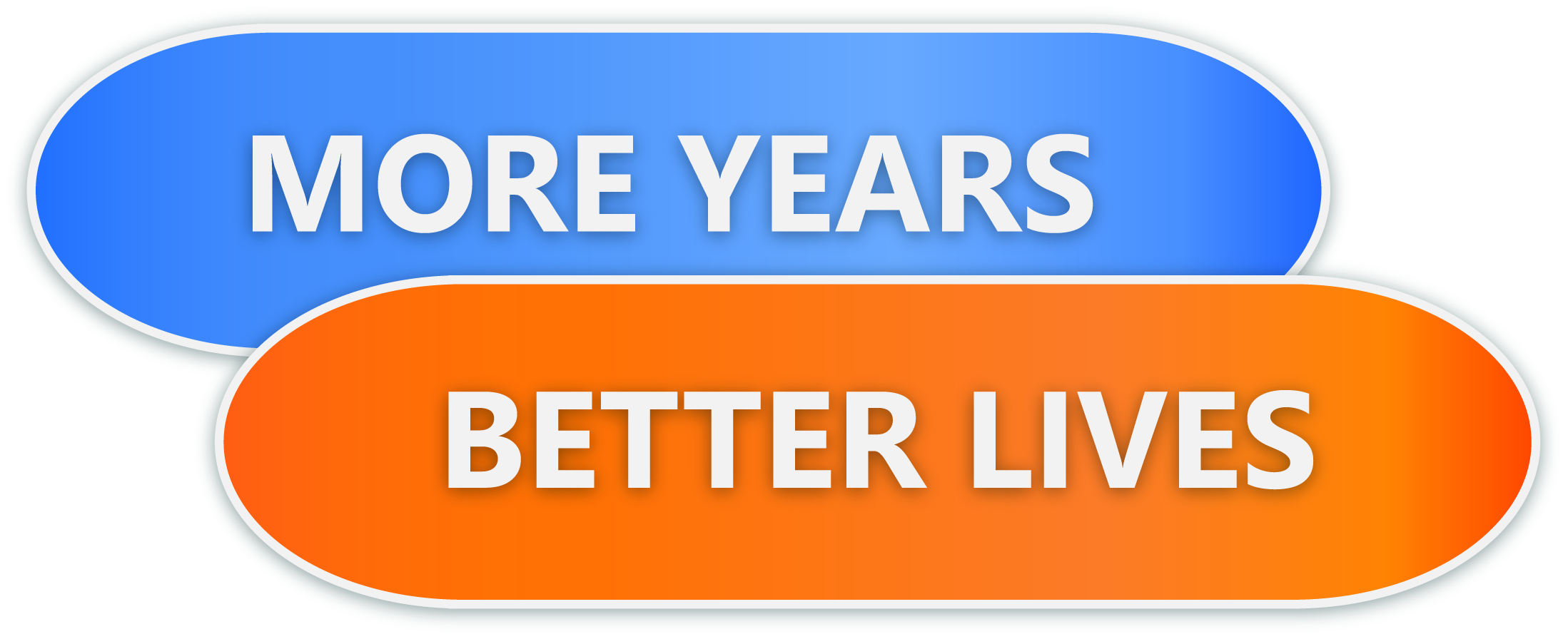Research Association for Gerontology at TU Dortmund University
The Institute for Gerontology (IfG) at the TU Dortmund (TUD) has been in existence since 1990. It is an independent research institution, which explores older people and the demographic development from a socio-gerontological and socio-political perspective. The Institute of Gerontology currently employs (besides four administrative staff) a staff of about 15 scientist from different disciplines. Anja Ehlers and Susanne Frewer-Graumann are the ones working in ACCESS. Both are sociologist by training.
Name:
E-Mail:
City:
Address:
Tel:
Susanne Frewer-Graumann
frewgrau(at)post.tu-dortmund.de
44339 Dortmund
Evinger Platz 13
Tel. +49 231 / 728488 17
Currently not available due to parental leave


Name:
E-Mail:
City:
Address:
Tel:
Prof. Dr. Andrea Kuhlmann
andrea.kuhlmann(at)tu-dortmund.de
44339 Dortmund
Evinger Platz 13
Tel. +49 231 / 728 488 17

Name:
E-Mail:
City:
Address:
Tel:
Fax:
Anja Ehlers
ehlers(at)post.tu-dortmund.de
44339 Dortmund
Evinger Platz 13
+49 231 / 728488 14
+49 231 / 728488 55
Currently not available due to parental leave

Name:
E-Mail:
City:
Address:
Tel:
Verena Reuter
vreuter(at)post.tu-dortmund.de
44339 Dortmund
Evinger Platz 13
+49 231 / 728488 16
CONTRIBUTION TO ACCESS
The Research Association for Gerontology at TU Dortmund University with the associated Institute of Gerontology is a research center that focuses on social-gerontological questions against the background of an ageing society. It concentrates on applied research, including policy consulting and evaluation of model programs in the field of social gerontology and social policy.
In the ACCESS project we coordinate WP1 in which we aim to “map the landscape†of opportunities for older people to acquire digital competencies. In WP4 we will explore how we can motivate those with no or very low internet skills on the local and life-world level to participate in internet skill courses. Finally we will conduct cost-benefit analysis for different learning models in WP 8.
Our main aim is to achieve a “mapping†of older peoples learning opportunities regarding digital literacy in Europe and develop strategies and measures how to reach out to those with only little or even none technical and digital skills.

